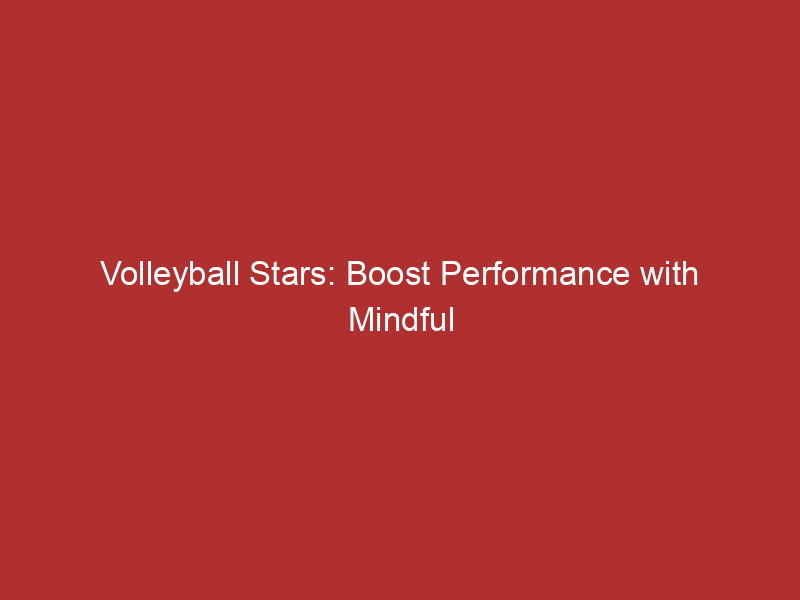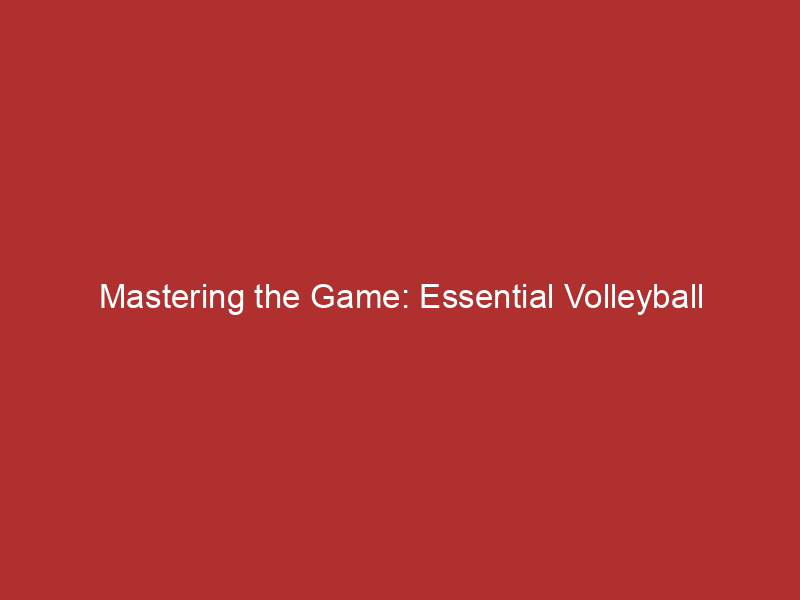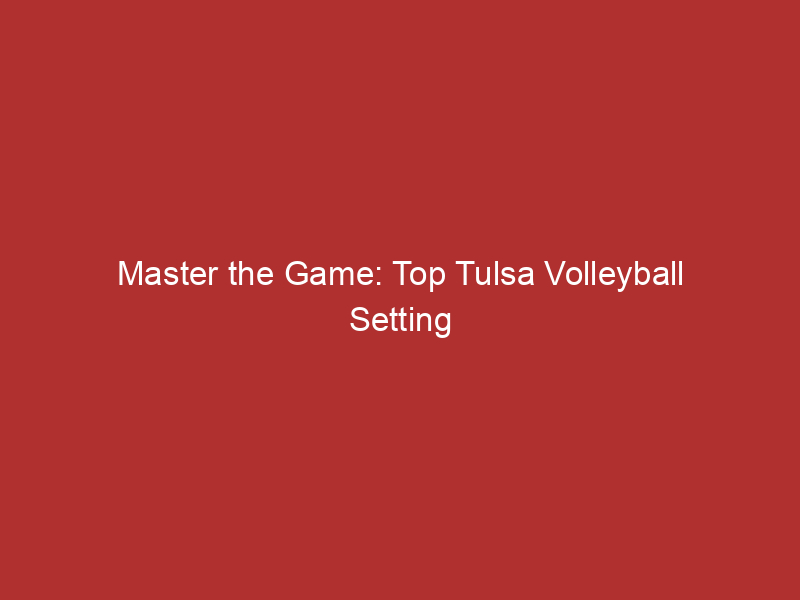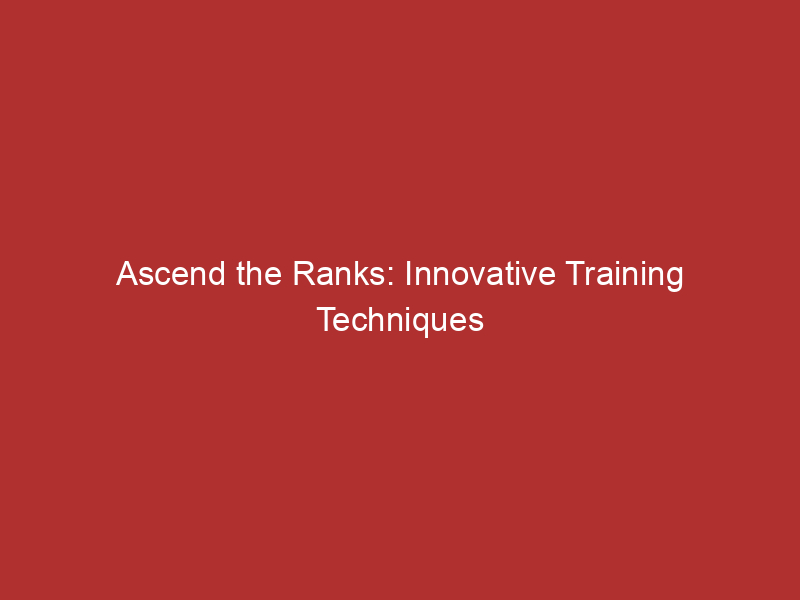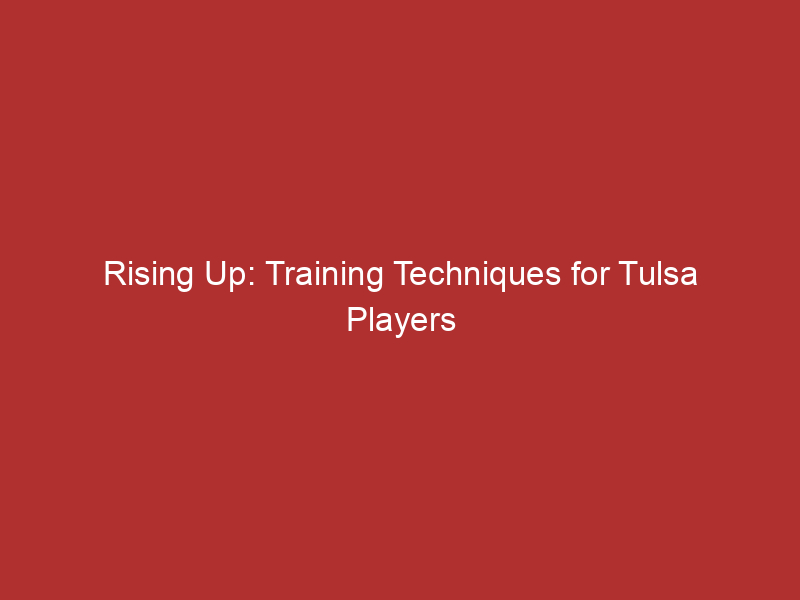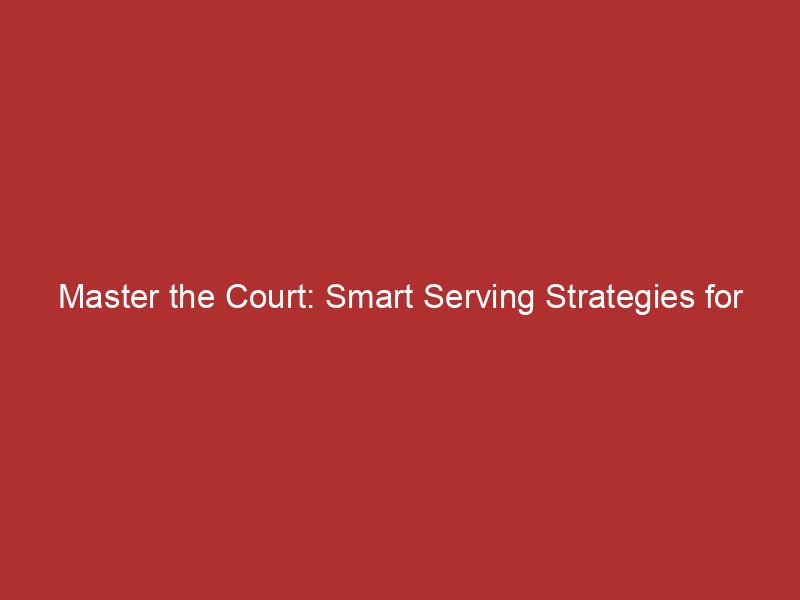
Introduction to Mindful Eating for Athletes
When it comes to enhancing athletic performance, mindful eating plays a crucial role. This post will help you understand the concept of mindful eating, its importance for athletes, and how it can benefit sports performance.
- Understanding the concept of mindful eating
- Importance of mindful eating for athletes
- Benefits of mindful eating in sports performance
Mindful eating is all about paying full attention to the experience of eating and drinking, both inside and outside the body. It involves noticing the colors, smells, textures, flavors, temperatures, and even the sounds when you chew your food. Instead of consuming food mindlessly, athletes are encouraged to eat with full concentration, savoring every bite and acknowledging the nutrients that the food is providing to their bodies.
For athletes, eating is more than just filling the stomach. It’s about fueling their bodies for intense training and competitions. Mindful eating helps athletes listen to their bodies and understand their hunger and fullness cues. This way, they can avoid overeating, under-eating, or eating the wrong foods. It also helps them appreciate the food they eat, which can lead to a healthier relationship with food.
Mindful eating has several benefits for sports performance. First, it helps athletes maintain optimal body weight and composition, which is crucial for performance. Second, it enhances digestion, as eating slowly and chewing thoroughly can reduce digestive issues. Third, it helps athletes stay energized, as they’re more likely to eat the right foods at the right times. Lastly, mindful eating can improve mental focus and stress management, which are essential for athletic performance.
In conclusion, mindful eating is a powerful tool for athletes. By paying full attention to the eating process, athletes can fuel their bodies effectively, maintain optimal weight, enhance digestion, stay energized, and improve mental focus. So, if you’re an athlete, consider incorporating mindful eating into your nutrition plan. It could be a game-changer for your performance.
Healthy Eating for Volleyball Players
As a volleyball player, your diet plays a crucial role in your performance on the court. Eating the right nutrients can help you maintain your energy levels, recover faster, and improve your overall health. Let’s delve into the essential nutrients that should be a part of every volleyball player’s diet.
Essential Nutrients for Volleyball Players
There are four key nutrients that every volleyball player needs to include in their diet. These are proteins, carbohydrates, fats, and vitamins and minerals. Let’s explore each one in detail.
- Proteins
- Carbohydrates
- Fats
- Vitamins and Minerals
Proteins are the building blocks of our bodies. They help repair and build tissues, making them essential for muscle recovery and growth. As a volleyball player, you need to consume enough protein to support your intense physical activity. Good sources of protein include lean meats, fish, eggs, and plant-based proteins like beans and lentils.
Carbohydrates are your body’s main source of energy. They fuel your muscles and brain during a game. Complex carbohydrates, such as whole grains, fruits, and vegetables, provide a steady source of energy and should make up a large part of your diet.
Don’t shy away from fats. They are a vital source of energy, especially for endurance activities. Healthy fats, like those found in avocados, nuts, seeds, and olive oil, can help reduce inflammation and improve heart health.
Vitamins and minerals support various bodily functions, including bone health, muscle function, and immune system strength. Consuming a wide variety of fruits, vegetables, lean proteins, and whole grains can help ensure you get a broad spectrum of vitamins and minerals.
In conclusion, a balanced diet rich in proteins, carbohydrates, healthy fats, and a variety of vitamins and minerals can significantly enhance a volleyball player’s performance and health. Remember, proper nutrition is just as important as training when it comes to excelling in your sport.
Volleyball Athlete Diet Plan
Every volleyball player needs a well-planned diet to maintain their energy levels and optimize their performance. This diet plan varies depending on whether it’s a pre-game, post-game, or off-season period. Let’s explore each of these meal plans in detail.
- Pre-Game Meal Plan
- Post-Game Meal Plan
- Off-Season Meal Plan
The pre-game meal plan is all about fueling your body for the game. It should be rich in carbohydrates, moderate in proteins, and low in fats. This is because carbohydrates provide the energy you need to play, proteins help in muscle repair and growth, while fats slow down digestion, which might affect your performance.
Here’s a sample pre-game meal plan:
| Breakfast | Oatmeal with fruits and nuts |
|---|---|
| Lunch | Grilled chicken with brown rice and vegetables |
| Snack | Yogurt with a banana |
The post-game meal plan aims to replenish the energy and nutrients lost during the game. It should be high in proteins and carbohydrates to help in muscle recovery and energy restoration.
Here’s a sample post-game meal plan:
| Snack (within 30 minutes after the game) | Protein shake with a piece of fruit |
|---|---|
| Meal (within 2 hours after the game) | Salmon with quinoa and a side of vegetables |
The off-season meal plan is about maintaining a balanced diet and staying in shape. It should be rich in all essential nutrients – proteins, carbohydrates, fats, vitamins, and minerals. This is the time to build strength and endurance for the next season.
Here’s a sample off-season meal plan:
| Breakfast | Scrambled eggs with whole grain toast and avocado |
|---|---|
| Lunch | Quinoa salad with grilled chicken and vegetables |
| Dinner | Grilled fish with sweet potatoes and a side of vegetables |
Remember, these are just sample meal plans. Each athlete’s needs can vary based on their body type, metabolism, and level of activity. It’s always best to consult with a sports nutritionist to create a personalized meal plan.
Cultivating Healthy Food Relationship
Developing a healthy relationship with food is crucial for maintaining a balanced diet and overall well-being. It’s not just about what we eat, but also how we feel about eating. Understanding the connection between food and emotions is the first step in this journey.
Understanding the Food and Emotion Connection
Our emotions and food are interconnected in many ways. Let’s delve into how emotions affect our eating habits and explore some strategies to manage emotional eating.
- How emotions affect eating habits
- Ways to manage emotional eating
Emotions can significantly influence our eating habits. For instance, when we’re stressed, we might reach for comfort foods, usually high in sugar and fat. This is because stress triggers the release of cortisol, a hormone that makes us crave these types of foods. On the other hand, when we’re happy, we might celebrate by indulging in a special meal or treat. It’s important to recognize these patterns to prevent emotional eating from leading to unhealthy dietary choices.
Managing emotional eating is possible with some simple strategies. Firstly, try to identify the emotions that trigger unhealthy eating habits. Once you know your triggers, you can work on finding healthier ways to cope with these emotions. For example, if stress leads you to overeat, try incorporating stress management techniques like yoga or meditation into your routine. Another strategy is to keep a food diary where you note down what you eat and how you feel when you eat it. This can help you identify patterns and make positive changes.
Remember, cultivating a healthy food relationship is a journey, not a destination. It’s about making small, sustainable changes that can lead to a healthier lifestyle in the long run.
Building a Positive Food Relationship
Developing a healthy relationship with food is crucial for maintaining optimal health and performance. Here are three key strategies to help you build a positive food relationship.
- Practicing Mindful Eating
Mindful eating involves paying full attention to the experience of eating and drinking, both inside and outside the body. It involves noticing the colors, smells, textures, flavors, temperatures, and even the sounds when we bite into our food. By eating mindfully, we can enjoy the food more and have a better sense of how much we have eaten.
- Appreciating Food
Appreciating food goes beyond just enjoying its taste. It involves understanding the nutritional value of food, how it contributes to our health, and the effort it takes to prepare it. This appreciation can help us make healthier food choices and feel more satisfied after meals.
- Listening to Your Body’s Hunger and Fullness Cues
Our bodies have a natural mechanism to tell us when to eat and when to stop. By paying attention to these cues, we can avoid overeating or undereating. This can help us maintain a healthy weight and feel better overall.
| Strategy | Description |
|---|---|
| Practicing Mindful Eating | Paying full attention to the experience of eating and drinking, both inside and outside the body. |
| Appreciating Food | Understanding the nutritional value of food, how it contributes to our health, and the effort it takes to prepare it. |
| Listening to Your Body’s Hunger and Fullness Cues | Paying attention to our body’s signals to know when to eat and when to stop. |
In conclusion, building a positive food relationship involves practicing mindful eating, appreciating food, and listening to your body’s hunger and fullness cues. By adopting these strategies, you can improve your health and performance.
Mindfulness in Sports Nutrition
Mindfulness, a practice that encourages us to stay present and focused, has found its way into sports nutrition. Athletes are now using mindfulness to improve their dietary habits and, in turn, their performance. Let’s delve into some mindful eating techniques that athletes can adopt.
Mindful Eating Techniques for Athletes
Here are some techniques that athletes can use to eat more mindfully:
- Eating without distractions: This means turning off the TV, putting down your phone, and focusing solely on the food in front of you. This practice allows you to fully enjoy and appreciate your meal, which can help you feel more satisfied and less likely to overeat.
- Chewing thoroughly: Chewing your food thoroughly not only aids in digestion but also slows down your eating pace. This gives your brain enough time to receive the signal that you’re full, which can prevent overeating.
- Paying attention to hunger and fullness cues: Listen to your body. Eat when you’re truly hungry, not just because it’s mealtime. Similarly, stop eating when you’re comfortably full, even if there’s still food on your plate.
These simple yet effective techniques can make a significant difference in an athlete’s nutrition and performance. Remember, mindful eating is not about restricting certain foods or following a strict diet. It’s about paying attention to your body’s needs and responding in a healthy, respectful way.
Benefits of Mindful Nutrition for Athletes
When it comes to sports performance, nutrition plays a crucial role. But it’s not just about what you eat, but also how you eat. This is where mindful nutrition comes into play. Here are three key benefits of mindful nutrition for athletes:
- Improved Performance
Firstly, mindful nutrition can lead to improved performance. By paying close attention to what and when you eat, you can ensure your body gets the right nutrients at the right time. This can help fuel your workouts and competitions, leading to better results. For example, a study found that athletes who followed a mindful eating plan had higher energy levels and better endurance compared to those who didn’t.
- Better Recovery
Secondly, mindful nutrition can help with recovery. After a tough workout or competition, your body needs to repair and rebuild. By eating mindfully, you can ensure you’re giving your body the nutrients it needs to recover quickly and effectively. This means less downtime and more time spent training and improving.
- Enhanced Focus and Concentration
Lastly, mindful nutrition can enhance focus and concentration. By eating without distractions and paying attention to your hunger and fullness cues, you can avoid overeating and under-eating. This can help maintain stable blood sugar levels, which is crucial for focus and concentration. In fact, research has shown that athletes who practice mindful eating have better concentration during their games and workouts.
In conclusion, mindful nutrition can offer numerous benefits for athletes, including improved performance, better recovery, and enhanced focus and concentration. By incorporating mindful eating techniques into your nutrition plan, you can take your athletic performance to the next level.
Healthy Eating Habits for Athletes
For athletes, maintaining a healthy diet is as important as their training regimen. The right nutrition can enhance performance, speed up recovery, and prevent injuries. Let’s delve into the essentials of creating a balanced diet for athletes.
Creating a Balanced Diet
A balanced diet for athletes is not just about eating the right amount, but also about eating the right kind of foods at the right time. Here are some key elements to consider:
- Including a variety of foods: A balanced diet should include a variety of foods to ensure you get a wide range of nutrients. This includes lean proteins for muscle repair, complex carbohydrates for energy, and fruits and vegetables for vitamins and minerals. For example, an athlete’s plate might include grilled chicken, brown rice, and a colorful salad.
- Ensuring adequate hydration: Hydration is crucial for athletes. Water helps regulate body temperature, lubricate joints, and transport nutrients for energy and health. While the amount of water needed can vary based on factors like the intensity of exercise and weather, a general guideline is to drink at least 8 glasses of water a day.
- Timing meals and snacks properly: When you eat is just as important as what you eat. Eating a balanced meal 2-3 hours before exercise can provide the energy needed for your workout. Post-exercise, a combination of protein and carbohydrates can help replenish energy stores and repair muscles. Snacks can also be used strategically to maintain energy levels throughout the day.
Remember, every athlete is unique and may have different nutritional needs. It’s always best to consult with a registered dietitian or nutritionist to create a personalized eating plan.
Volleyball Nutrition Tips
For volleyball players, nutrition plays a crucial role in maintaining energy levels and enhancing performance. Here are some essential tips to keep in mind:
- Eating a Good Breakfast
- Staying Hydrated
- Recovering with Protein and Carbs
Breakfast is the most important meal of the day, especially for athletes. It kick-starts your metabolism and provides the energy needed for the day’s activities. A good breakfast for volleyball players might include whole grains, like oatmeal or whole grain toast, paired with protein, such as eggs or yogurt, and a piece of fruit for added vitamins and fiber.
Hydration is key in any sport, but it’s especially important in volleyball where quick movements and long matches can lead to excessive sweating. Drinking water throughout the day, not just during practice or games, can help maintain optimal hydration levels. Aim for at least 8 glasses of water a day, and remember, if you’re thirsty, you’re already dehydrated!
After a tough game or practice, your body needs to recover. Consuming a mix of protein and carbohydrates can help replenish energy stores and repair muscle tissue. Consider a post-workout snack like a banana with peanut butter or a protein shake with a handful of granola.
Remember, everyone’s body is different, so it’s important to listen to your own hunger and fullness cues. These tips are a starting point, but you may need to adjust based on your own needs and activity levels.
Conclusion: Boost Your Performance with Mindful Eating
As we draw to a close, it’s essential to reflect on the key points we’ve discussed about mindful eating and its impact on an athlete’s performance, specifically volleyball players. Let’s take a moment to recap and highlight the main takeaways.
- Recap of the importance of mindful eating for volleyball players:
- Key takeaways for athletes:
Mindful eating is not just about what you eat, but how you eat. It’s about paying attention to your body’s hunger and fullness cues, and making thoughtful food choices that fuel your body for optimal performance. For volleyball players, mindful eating can make a significant difference in their energy levels, recovery times, and overall performance on the court. It’s not just about eating the right foods, but also about understanding your body’s needs and responding to them in a healthy, balanced way.
1. Mindful eating is a powerful tool for performance enhancement: By paying attention to what, when, and how much you’re eating, you can optimize your nutrition for peak performance.
2. Healthy food relationships are crucial: Developing a positive relationship with food can help you avoid disordered eating patterns and maintain a healthy body weight and composition.
3. Individual needs vary: Every athlete is unique, and so are their nutritional needs. It’s important to listen to your body and adjust your diet accordingly.
4. Consistency is key: Consistent mindful eating habits can lead to long-term improvements in performance and overall health.
In conclusion, mindful eating is a powerful strategy that can help athletes, including volleyball players, improve their performance and overall health. By paying attention to your body’s signals and making thoughtful food choices, you can fuel your body for success both on and off the court.

